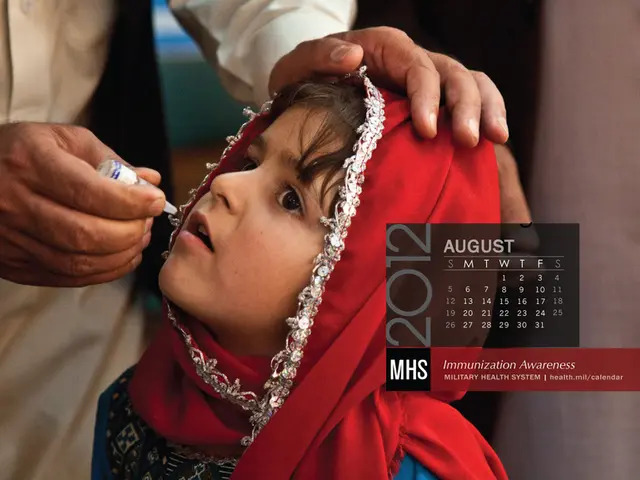Struggling Army Cadets Require Immediate Aid
The Comprehensive Package for Injured Armed Forces Cadets in India is currently under active consideration by the government, following a directive from the Supreme Court 1. The court has urged the government to establish an insurance scheme and enhance medical support and rehabilitation for cadets who sustain injuries during training 2.
Key elements of the proposed package include:
- Insurance coverage for all trainee cadets to address the high risk of injury during rigorous training [1].
- Medical expenditure coverage, including for long-term and ongoing treatment of severe injuries or disabilities [1][2].
- Ex gratia compensation for lifelong care needs, with suggestions to convert this from a pity-based payment to an entitlement based on severity and treatment duration [2][3].
- Assessment and provision of suitable rehabilitation pathways, including employment opportunities post-discharge due to injury [1].
- Consideration of entitlements under the Rights of Persons with Disabilities Act [1].
- Discussion on awarding Ex-Servicemen (ESM) status to disabled cadets, which would provide benefits such as free treatment under military health schemes and employment assistance, though legal feasibility is uncertain under current rules [3].
As of late August 2025, no formal insurance program or compensation package has been implemented. The Supreme Court has asked the government and defence ministries to submit a comprehensive plan by early September 2025 [1][2].
Regarding the amount of compensation, the court and stakeholders emphasize the need for significantly increased, pensionable or long-term compensation rather than one-time ex gratia payments. However, exact figures have not been formally announced yet. Medical boards are suggested to assess compensation tailored to injury severity and recovery prospects [3].
No comparable detailed package or payout amount has been reported for injured cadets outside India, though Canada has announced general military pay raises and pension improvements for all forces and cadets [4][5]. These do not specifically pertain to injured cadets.
| Aspect | Status/Details | |-------------------------|-------------------------------------------------------------------------------------------------------------| | Eligibility | Armed forces cadets medically discharged due to injuries/disabilities from training | | Compensation Amount | Pending formal government scheme; calls for pensionable, lifelong care compensation beyond ex gratia | | Insurance Cover | Urged by Supreme Court but not yet implemented; to cover training-related risks | | Medical Support | Calls for increase in coverage including long-term treatment and rehabilitation | | Employment/Rehab | To be planned as part of the package, including reassessment and training adjustments | | ESM Status | Desired but currently unclear if legally feasible under existing rules | | Current Status | Supreme Court actively pressing government for scheme; government to file comprehensive affidavit by Sept 4, 2025 |
The court's intervention is seen as an added attraction for youngsters to join the armed forces, with a comprehensive coverage that includes treatment and the option to remain in service if eligible after reassessment. The Union and state governments are being urged to consider extending the fair treatment prescribed by the Supreme Court to uniformed forces under their control. The Supreme Court's prescription for fair treatment in the armed forces may serve as a model for other uniformed forces.
Currently, a cadet receives a lumpsum amount of Rs 40,000 for medical needs when disabled during training. This amount is likely insufficient for a cadet who sustains a major injury, potentially burdening the family. The government is being encouraged to take a closer look at the issue of injured armed forces cadets and come up with a solution that addresses their needs.
Read also:
- Apparition's Significance and its Delivered Messages - as discussed by Sensenmann
- Explored the Popular Health Assessment with a Queue of 100,000 Aspiring Participants - Here's My Unadulterated Opinion
- Hearing impairment condition: Recognizing symptoms and management approaches
- Exploring Recurring Actions in Mature Individuals: An Analysis of Persistent Actions in Adults' Daily Lives








